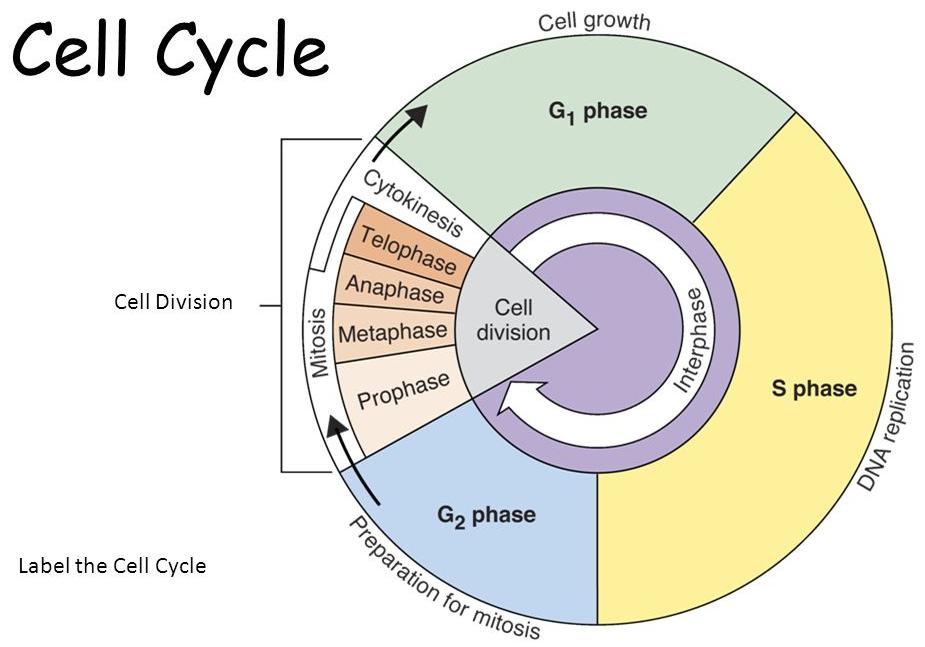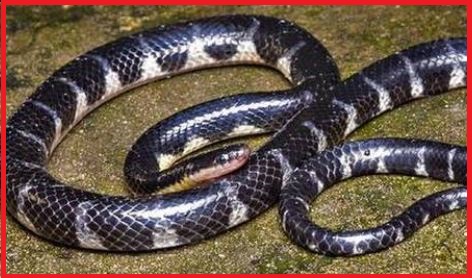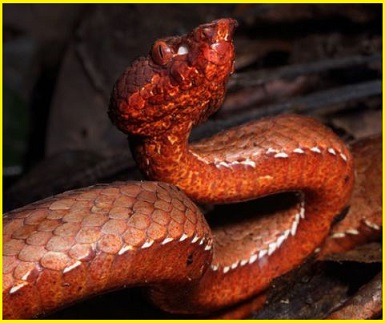Updated By: LatestGKGS Desk
Cell: Cell Cycle and Phases of the cell cycle

Cell Cycle and G1, S, G2, G0, and M phases of the cell cycle
The sequence of events by which a cell duplicates its genome synthesizes the other constituents of the cell and eventually divides into two daughter cells is termed cell cycle.
Although cell growth (in terms of cytoplasmic increase) is a continuous process, DNA synthesis occurs only during one specific stage in the cell cycle. The replicated chromosomes (DNA) are then
distributed to daughter nuclei by a complex series of events during cell division. These events are themselves under genetic control.
Phases of Cell Cycle
The cell cycle is divided into two basic phases:
- Interphase: The phase between subsequent cell divisions is called interphase.
- M Phase (Mitosis phase): The actual cell division takes place in the M phase. The M phase is composed of two major steps viz. karyokinesis and cytokinesis.
The interphase is further divided into three phases:
- G1 Phase (Gap 1): During this phase, the cell is metabolically active and continuously grows.
- S phase (Synthesis): The DNA synthesis or replication takes place at this stage.
- G2 phase (Gap 2): Protein synthesis happens in this phase.
- Quiescent Stage (G0): Cells which do not divide further, exit G1 phase to enter an inactive stage. This stage is called the quiescent stage (G0) of the cell cycle.
The M Phase is divided into four stages:
- Prophase
- Metaphase
- Anaphase
- Telophase


